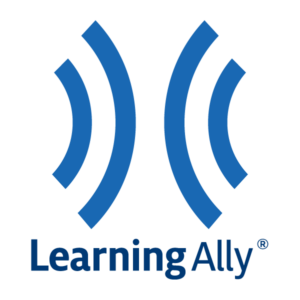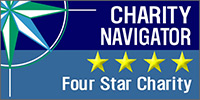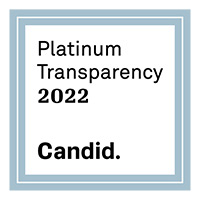Join Today for Only $135 Annually
Access 75,000+ Human-Narrated Audiobooks & Textbooks
Don’t let a visual impairment or a learning difference, such as dyslexia, slow you down. Learning Ally provides the edge you need to conquer heavy workloads and excel in your career through high-quality, human-voiced narration. Empower your learning journey.
We’re glad you’re here. You can start reading today.




